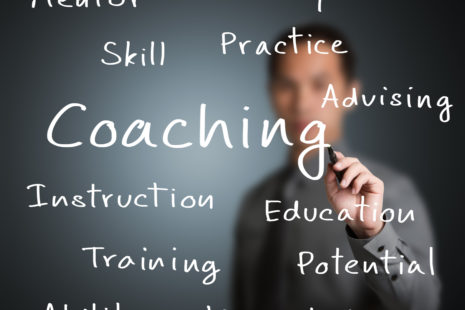Improving your emotional aspect, or emotional intelligence (EI), involves developing a deeper understanding of your emotions and the emotions of others, and refining your ability to manage and respond to these emotions effectively.
Here are several strategies to enhance your emotional intelligence…
1. Increase Self-awareness
- Reflect on Your Emotions – Regularly take time to consider your feelings and reactions. Try to identify what triggers your emotions and how they influence your thoughts and actions.
- Keep a Journal – Writing about your daily experiences and the emotions associated with them can help you notice patterns and improve self-awareness.
2. Practice Self-regulation
- Learn Stress Reduction Techniques – Techniques such as deep breathing, meditation, or yoga can help manage stress and regulate emotions.
- Pause Before Reacting – Give yourself a moment to process your emotions before responding to a situation. This can help you respond more thoughtfully and less impulsively.
3. Enhance Social Skills
- Improve Communication – Work on clearly expressing your thoughts and feelings in a respectful manner. Listening actively to others is also crucial.
- Practice Empathy – Try to see things from others’ perspectives and show understanding for their feelings. This can improve your relationships and interactions.
4. Motivate Yourself
- Set Personal Goals – Having clear goals can help keep you motivated, even during challenging times.
- Stay Positive – Try to maintain a positive outlook, focusing on solutions rather than dwelling on problems.
5. Develop Empathy
- Listen Actively – Pay close attention to what others are saying, both verbally and non-verbally. This shows respect and helps you understand their viewpoint.
- Be Open to Others’ Feelings – Allow others to express their emotions without judgment. This can deepen your connections and increase your empathy.
6. Build Relationships
- Nurture Your Relationships – Make an effort to maintain and strengthen your relationships. Spend quality time with friends, family, and colleagues.
- Be a Good Team Player – Work cooperatively with others, showing respect for their ideas and contributions.
7. Seek Feedback
- Ask for Feedback – Getting feedback from trusted friends or colleagues about how you handle emotions can provide valuable insights.
- Reflect on Feedback – Use the feedback to identify areas for improvement and make conscious efforts to address them.
8. Learn Continuously
- Read and Educate Yourself – Books, articles, and workshops on emotional intelligence can provide strategies and insights for improvement.
- Observe and Learn – Pay attention to how emotionally intelligent people handle their emotions and relationships, and try to learn from their examples.
Improving your emotional intelligence is a continuous process that requires patience, practice, and commitment. By focusing on these areas, you can enhance your understanding and management of emotions, leading to better personal well-being, stronger relationships, and greater success in various aspects of life.






